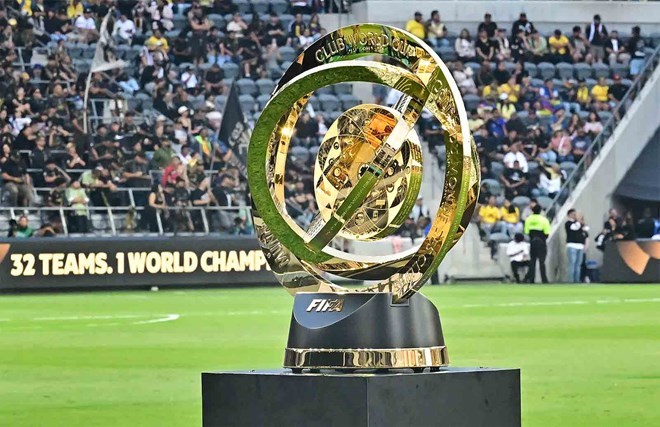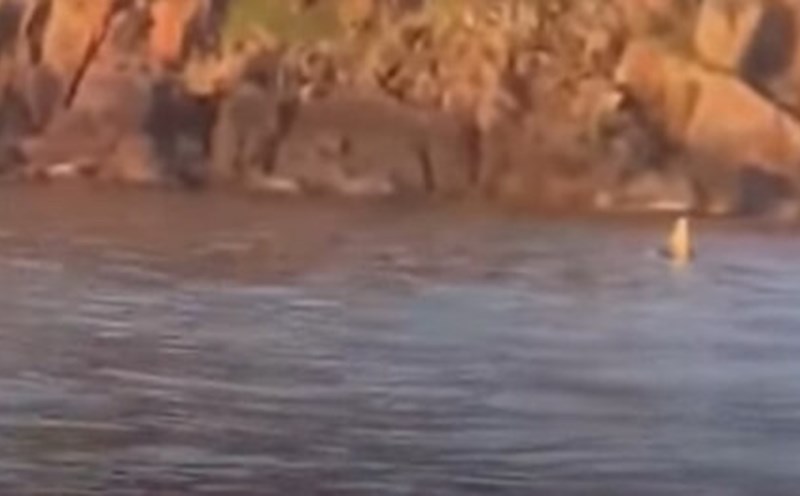Hot, humid weather in many places in the US has made the conditions for competition at this year's FIFA Club World Cup more severe. Some coaches of the teams have continuously complained about the challenges caused by high temperatures.
As the 2026 World Cup across North America is approaching, a FIFPro study has warned that 6 out of 16 tournament sites next year have an extremely high risk of causing heat-related injuries to players including Miami, one of the cities that host the Club World Cup matches.
"This tournament is probably a really useful warning for everyone to pay attention to the competition schedule of future tournaments," said Alexander Bielefeld, FIFPro's Director of Policy and Strategy.
Many matches in the Club World Cup start at noon local time or 3:00 p.m. Atletico Madrid's Marcos Llorente complained that the weather was "unfeasible, hot" as his team lost 0-4 to Paris Saint-Germain in the hot weather in Pasadena.

"We have a few tournaments ahead that we will have to look at," Bielefeld added, as the World Cup next year is a clear concern and the 2030 tournament will take place in the harsh summer heat in Spain, Portugal and Morocco.
The organization's general secretary, Alex Phillips, said FIFPro had discussed with FIFA on avoiding holding matches at the hottest time of the day at certain locations.
However, he admitted that they could not do much if FIFA decided to organize matches in the early afternoon in the US to suit the prime-time audience in Europe.
This is basically what happened to this tournament. We made a proposal not to start at certain times, but then we had no right to deny it, Phillips said.
But FIFPro said it was pleased with some measures taken to cope with the high temperatures at the Club World Cup, such as providing additional water and towels on the pitch for the players.
However, Vincent Gouttebarge, FIFPro's medical director, said that the half-time break can be extended from 15 minutes to 20 minutes in case of high temperatures.
He also said that current recipes related to drinking time should be revised, emphasizing that stopping the match for half an hour after each round to let players rest and drink water is not enough.
We are considering more frequent and shorter breaks, but it could be every 15 minutes, he said.










